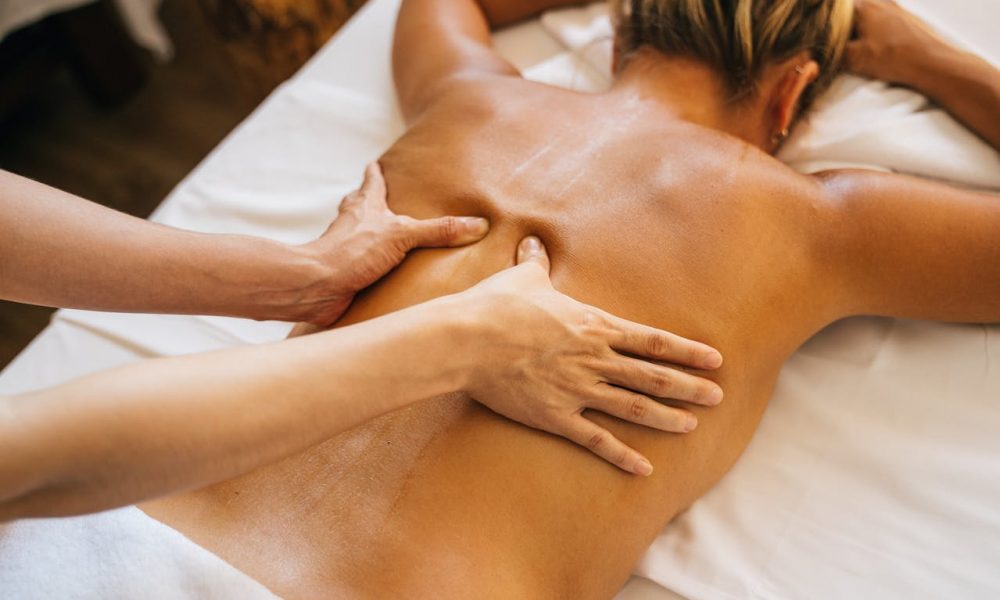
Is It Normal to Be Sore After a Massage? 9 Ways to Relieve Soreness

Is it normal to be sore after a massage? Many people schedule a massage to drift into a state of relaxation and find relief from muscle tension or pain. However, as part of the healing process, it’s not unusual to experience some muscle soreness or tightness afterwards.
Massage therapy, much like a workout, can stimulate areas of your body that haven’t been engaged recently. If a particular spot on your body has been painful, you might unconsciously avoid it, leading to tension. A massage can bring this hidden tightness to light.
Is It Normal to Be Sore After a Massage?
The simple answer is yes. Feeling sore after a massage is a natural response. This soreness, known as delayed onset muscle soreness (DOMS), occurs as your muscles react to physical manipulation and begin healing. It’s akin to the soreness you might feel after a workout.
When muscles are not accustomed to manipulation, they can respond with inflammation and tenderness. For example, if you feel neck pain after a massage, it may indicate that you hold a lot of tension in that area, possibly due to prolonged desk work or repetitive forward bending.
9 Ways to Relieve Soreness
Post-massage soreness usually subsides within a day or so, but there are several ways to alleviate the discomfort:
1. Stay Hydrated
Drinking plenty of water before and after your massage helps flush out toxins released during the session. Avoid alcoholic, sugary, and caffeinated drinks. Opt for coconut water, fresh juice, or herbal teas to stay hydrated and support muscle recovery.
2. Stretch It Out
Gentle stretching after a massage can release muscle tension, improve flexibility, and enhance circulation. It’s a mindful way to connect with your body and alleviate stress.
3. Heat Therapy
Applying heat promotes relaxation. Consider a hot shower, a sauna visit, or a warm bath with baking soda or Epsom salt. You can also use a heating pad on sore areas for 15-minute intervals.
4. Essential Oils
Essential oils like lavender, eucalyptus, and peppermint can be beneficial for pain relief. Add a few drops to your bath, or use a diffuser. Mix essential oils with a carrier oil and massage into the skin for topical application.
5. Topical Treatments
Muscle rubs or CBD lotions are excellent for localized pain relief. To enhance the effects, apply the ointment while giving yourself a mini-massage.
6. Herbal Relief
Herbs like turmeric, ginger, and arnica may help reduce inflammation and promote muscle relaxation. These can be taken as capsules, tinctures, or brewed into teas.
7. Rest
Allow your body to rest and recharge. Elevate your feet, listen to calming music, read, or take a nap. Resting helps your muscles recover more efficiently.
8. Guided Meditation
Mindfulness practices such as guided meditation, body scans, or yoga nidra can help you relax further. These techniques encourage a deeper connection with your body, helping to release tension.
9. Cold Therapy
Applying an ice pack to sore areas can reduce inflammation and alleviate soreness. For broader relief, consider an ice bath or use a small container of ice to target specific spots.
Types of Massage
Various massage techniques exist, each with different pressure levels and benefits. Swedish massage, often called classic massage, is a gentle technique that relieves muscle tension and promotes relaxation. Other options include aromatherapy, shiatsu, and hot stone massage.
Deep tissue massage, known for its stronger pressure, is often used to address injuries or chronic pain but may lead to more post-massage soreness. Trigger point, tuina, and sports massages also involve deeper pressure.
When to See a Doctor
Consult a doctor if you experience severe or prolonged pain after a massage, especially if the cause is unclear. Chronic pain could indicate an underlying condition or untreated injury. Your doctor can help determine the best treatment plan for your situation.
Massage may not suit everyone, particularly those with certain medical conditions. Always discuss your health status with your doctor before undergoing massage therapy if you have cancer, are pregnant, have burns or wounds, fractures, a bleeding disorder, or are on blood-thinning medications.
More in Health & Fitness
-
`
Simple Steps to Make the Philadelphia Cheesecake Recipe
If you’re looking to make a dessert that never fails to impress, this Philadelphia cheesecake recipe is your go-to. With its...
August 21, 2024 -
`
How Much Does It Cost to Travel in Europe?
Dreaming of strolling along the Seine in Paris, exploring ancient ruins in Rome, or sipping sangria on a Spanish beach? Europe’s...
August 13, 2024 -
`
Mahershala Ali and Amatus-Sami Karim’s Decade-Long Marriage
Who is Mahershala Ali married to? This question often arises when discussing the acclaimed actor. Mahershala Ali, the talented and versatile...
August 5, 2024 -
`
Delicious Pescatarian Breakfast Ideas
Exploring new breakfast ideas can be a delightful way to start your day, especially when they align with a pescatarian diet....
July 24, 2024 -
`
Is Phuket Worth Visiting in 2024?
Phuket, Thailand’s gem of an island, has long attracted travelers with its pristine beaches, lively nightlife, and cultural treasures. The question...
July 19, 2024 -
`
What is the Best Way to Melt Chocolate for Any Recipe?
Chocolate is a beloved ingredient in many desserts, from ganache and cake batters to decadent drizzles over ice cream. Knowing what...
July 12, 2024 -
`
How to Plan a Backpacking Trip Like a Pro in 16 Steps
Planning a backpacking trip can be as thrilling as it is daunting, especially if you’re keen to make every moment count....
July 5, 2024 -
`
How to Build Fast-Twitch Muscles in 5 Simple Steps
Have you ever wondered how to build fast-twitch muscles? These powerful muscle fibers are key to explosive strength and speed. Whether...
June 20, 2024 -
`
How to Create the Perfect Goulash Recipe Every Time
As autumn leaves paint the landscape in warm hues, nothing complements the chill in the air quite like a bowl of...
June 15, 2024

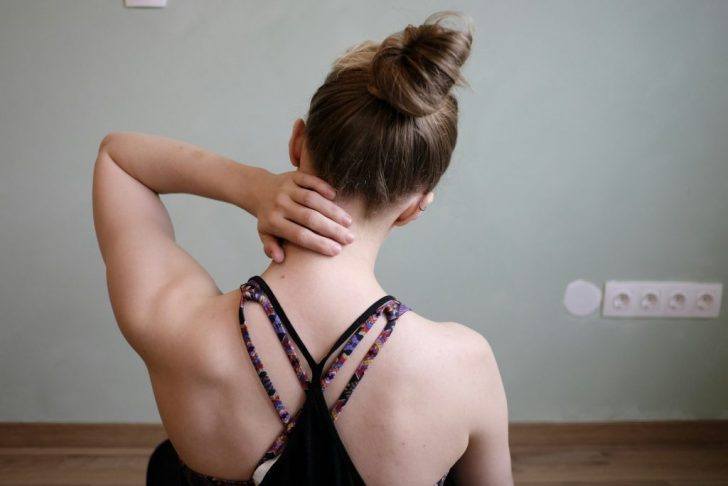
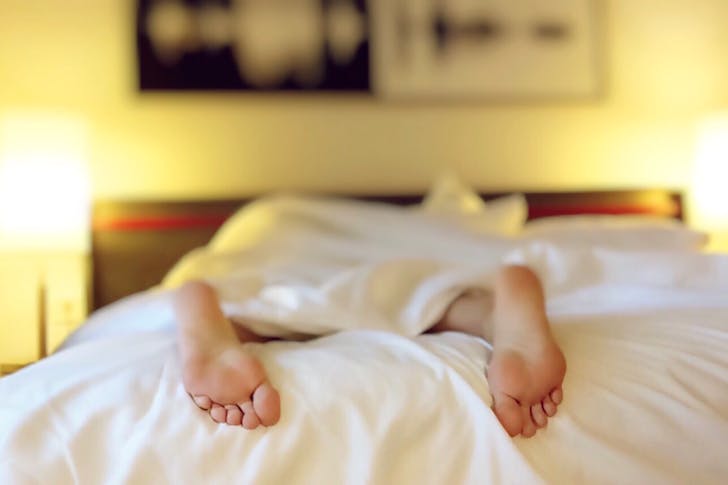



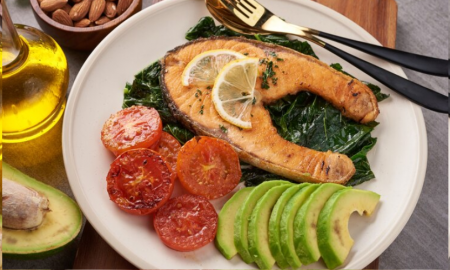

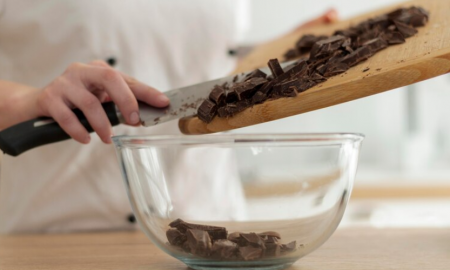



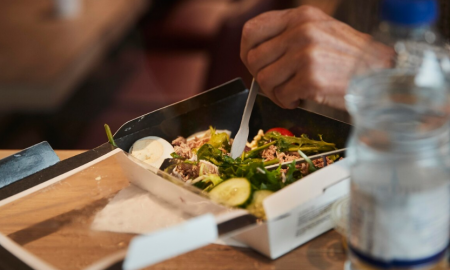


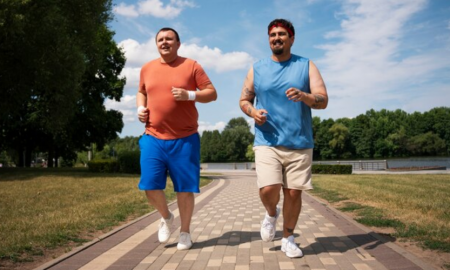

You must be logged in to post a comment Login